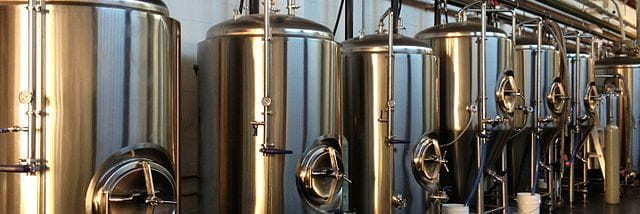In this article, we argue that in addition to facilitating organizational learning and specialization, an industry cluster related to tradition or to the practice of a craft influences audience expectations through the definition of the prototypical features that define an organizational form. Analyzing the population of northern Bavarian (Franconian) breweries, we show that compliance with a prototype involves multiple dimensions and depends on an organization’s location in geographic space with reference to the center of the industry cluster. Using qualitative interviews, archival data, and a survey of consumers, we provide evidence that as distance from the cluster center increases, organizations are more likely to deviate from the prototype and suffer fewer of the negative consequences that result from such deviations.
Reference:
Nikolaus Beck, Anand Swaminathan, James B. Wade, Filippo Carlo Wezel. 2019. Industry Clusters and Organizational Prototypes: Evidence From the Franconian Brewing Industry, Journal of Management, 45(7): 2978–3008. https://journals.sagepub.com/doi/full/10.1177/0149206318773411


